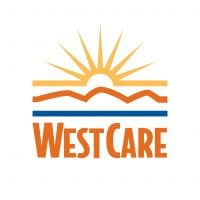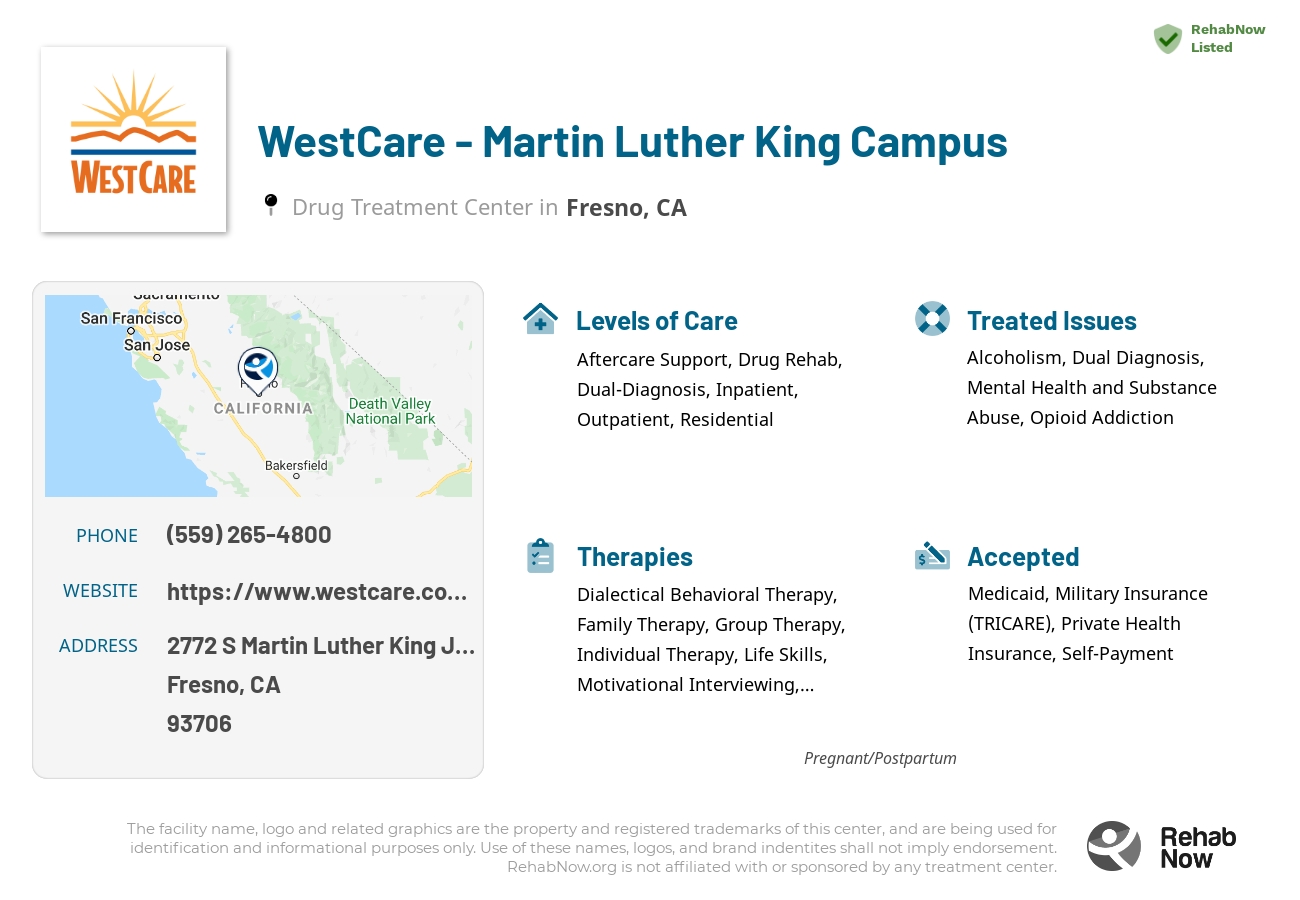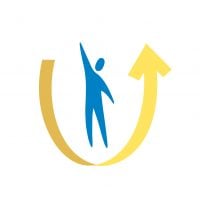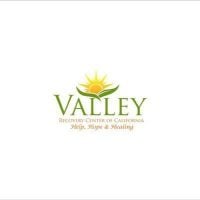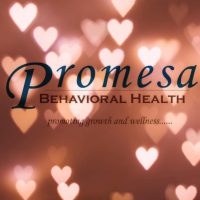WestCare - Martin Luther King Campus
Drug Rehab Center in Fresno, California
WestCare - Martin Luther King Campus offers comprehensive inpatient and outpatient programs for individuals struggling with substance abuse, including aftercare support, dual diagnosis treatment and private health insurance coverage to assist clients in their journey towards sobriety.
About This California Facility
WestCare - Martin Luther King Campus is a drug treatment facility located in Fresno, California. This facility specializes in providing services for individuals dealing with alcoholism, opioid addiction, dual diagnosis, and drug addiction. They offer various levels of care including inpatient, outpatient, residential, and detox. WestCare - Martin Luther King Campus also provides aftercare support to help patients maintain their sobriety after leaving the facility. The facility is affiliated with the California Hispanic Commission and accepts private health insurance, ensuring accessibility to their services for a wide range of individuals seeking recovery.
At WestCare - Martin Luther King Campus, individuals seeking treatment for addiction and substance abuse can find a range of services tailored to their needs. They provide comprehensive drug rehab programs that address the specific struggles of each patient. The facility offers both residential and outpatient treatment options, allowing individuals to choose the level of care that suits their circumstances. They also have dual-diagnosis services for those dealing with co-occurring mental health disorders and addiction. Treatment methods employed at WestCare - Martin Luther King Campus incorporate evidence-based approaches and individualized treatment plans, ensuring that each patient receives personalized care to support their journey towards sobriety.
Genders
Ages
Modality
Additional
Conditions and Issues Treated
Opioid Addiction Treatment supports people recovering from addiction to prescription drugs as well as illegal opioids. This is a hospital-based or residential treatment. Depending upon one’s age, detox without the appropriate medication may be unpleasant or even dangerous–some get body aches, fever, chills, while others may even have seizures.
Opioid treatment involves medically assisted detox, physical and mental support. Most rehabilitations use an array of treatments to ensure overall wellbeing, such as Medication-assisted therapy (MAT) in which one gets behavioral therapy, medicines, and counseling. A client-centered approach can reduce one’s chances of relapse. Therapists at work with the client to figure out environmental and behavioral triggers, giving them the power to change the patterns.
Levels of Care Offered at WestCare - Martin Luther King Campus
This center offers a variety of custom treatment tailored to individual recovery. Currently available are Aftercare Support, Detox, Drug Rehab, Dual-Diagnosis, Inpatient, Outpatient, Residential, with additional therapies available as listed below.
Detoxification is a reduction in the effects of drugs and alcohol. It can be beneficial for people who have a history of withdrawal, who are at risk for dangerous health concerns, or who are unable to function well in their day-to-day lives due to addiction.
Detoxification is beneficial for:
- People who are unable to overcome addiction without the help of professional care.
- People who are at risk for dangerous health conditions due to withdrawal.
- People who are at risk for overdose or serious health concerns after a relapse.
If you believe that addiction treatment is right for you or a loved one, you can contact your primary care physician, or search for addiction treatment centers in your area. Treatment is beneficial to people who are motivated towards recovery, and who understand the benefits of professional care.
An inpatient is a person who stays in a hospital or rehab center during treatment. For alcohol- and drug-dependent individuals, inpatient rehabs provide individualized around-the-clock services. Inpatient treatment programs address a person’s unique physical, medical, and psychological needs. A team of experts assess the severity of the addiction and design a highly tailored program. typically, the length of stay in an inpatient facility in Fresno, CA is 30 days. Those with severe addiction may need to stay at the facility for 60 to 90 days.
Outpatient rehabilitation is a treatment that exists if a patient is not checking into WestCare - Martin Luther King Campus long term. In addition to helping them recover, the patient attends regular therapy sessions and detox and participates in other therapies. However, this is all primarily done from home. As a follow-up to inpatient treatment, outpatient treatment is usually recommended.
After rehabilitation, it helps people return to their everyday lives. It may also be an alternative to inpatient care in some situations. If they cannot leave their jobs, children, or don’t have the money for inpatient care, people can choose this method. Inpatient therapy, however, is the best method and most suggested level of treatment offered by WestCare - Martin Luther King Campus in recovering from addiction.
Residential treatment programs are those that offer housing and meals in addition to substance abuse treatment. Rehab facilities that offer residential treatment allow patients to focus solely on recovery, in an environment totally separate from their lives. Some rehab centers specialize in short-term residential treatment (a few days to a week or two), while others solely provide treatment on a long-term basis (several weeks to months). Some offer both, and tailor treatment to the patient’s individual requirements.
Treatment for substance abuse does not cease after an individual successfully completes a detox or rehabilitation program. A vital follow-up treatment service is aftercare support provided to individuals at WestCare - Martin Luther King Campus in California after they attain initial sobriety.
Aftercare support often takes the following forms: 12-Step Programs, Outpatient Treatment Programs, and Support Groups. The most effective aftercare programs are tailored to meet an individual’s specific needs and circumstances.
Therapies & Programs
Individual therapy involves one on one sessions between the patient and the therapist at WestCare - Martin Luther King Campus. Individual therapy provides patients with a safe environment where they can openly discuss their problems with the therapist. The patients find the therapist as a person who they can trust. It helps them to open up and discuss personal and sensitive issues, which they may not be comfortable discussing in a group setting.
Individual therapy aims to identify the core issues that would have led the patient to substance abuse and address the root cause effectively. The therapist can develop patient-specific customized solutions through individual therapy, which aids speedier recovery.
Recovery can be more effective if the entire family’s involved. Family therapy hosted by WestCare - Martin Luther King Campus brings in the addict’s family to explore genetic factors. It gives loved ones the tools for dealing with addiction and its underlying mental issues. It is a recommended step in helping addicts adapt to sober living.
Trauma is one of the most common causes of psychological disorders. It’s often found in people with addiction diagnoses. Trauma therapy addresses this by examining the emotions and thoughts people have formed due to past traumas. Traumas are complex but trauma therapy can reduce their ability to contribute to addictive behaviors.
Dialectical Behavioral Therapy is a form of Cognitive Behavioral Therapy. It is designed for those who are prone to self-harm and suicidal behaviors. WestCare - Martin Luther King Campus aims to help patients understand the relationship between their thoughts, feeling and behaviors and it gives them the tools to make a change. It is effective for those whose addictions and behaviors stem from extreme mental health issues.
Self-defeating thoughts and habits can limit your possible successes. Some examples of this are procrastination, unhealthy eating and angry outbursts. REBT is a method of specific counseling offered by WestCare - Martin Luther King Campus that replaces negative and self-limiting thoughts.
Rehabilitation is not just limited to bringing an individual out of addiction and achieving sobriety. It is considered complete only when an individual starts leading a normal and balanced life. Life skill therapy focuses on the various skills that helps an individual to lead a normal life. Patients often do not take care of themselves, struggle professionally and withdraw from social interaction due to the physical and emotional disturbances caused by addiction.
Life skills therapy helps them to improve various personal, professional and social skills such as cooking healthy meals, maintaining proper hygiene, budgeting, decision making, time management, regulation of emotions and resolving the interpersonal conflicts effectively.
Payment Options Accepted
For specific insurance or payment methods please contact us.
Is your insurance accepted?
Ask an expert, call (888) 674-0062
California Hispanic Commission Associated Centers
Discover treatment facilities under the same provider.
- WestCare - H Street Campus in Bakersfield, CA
- WestCare - Outpatient in Fresno, CA
- WestCare - Stockton in Stockton, CA
- WestCare - Liberty Plaza in Fresno, CA
- WestCare - Wasco State Prison - WSP in Wasco, CA
Learn More About California Hispanic Commission Centers
Additional Details
Specifics, location, and helpful extra information.
Fresno, California 93706 Phone Number(559) 265-4800 Meta DetailsUpdated November 25, 2023
Staff Verified
Patient Reviews
There are no reviews yet. Be the first one to write one.
Fresno, California Addiction Information
More than 3 million of California's citizens are addicted to illegal drugs. Almost 800,000 people use hard drugs, almost 5 million use marijuana, and another 2.1 million abuse alcohol every year. Other substance abuse issues such as binge drinking and teen drug use are also common. Many illegal drugs such as cocaine, heroin, methamphetamine, and marijuana are smuggled into the state from Mexico.
In Fresno, CA, 9.4% of residents abuse drugs, and 18.5% of the population has a substance abuse problem. NIDA reports that over 40,000 people die from drug-related deaths each year. The most commonly abused drugs are cocaine, meth, heroin, opioids (narcotics), marijuana, alcohol, and inhalant. There are many drug-free and sober living environments in Fresno, California, including outpatient treatments, group counseling sessions, and individualized counseling sessions.
Treatment in Nearby Cities
- San Mateo, CA (151.5 mi.)
- Carlsbad, CA (281.6 mi.)
- Palmdale, CA (174.6 mi.)
- Downey, CA (212.8 mi.)
- Sanger, CA (13.6 mi.)
Centers near WestCare - Martin Luther King Campus
The facility name, logo and brand are the property and registered trademarks of WestCare - Martin Luther King Campus, and are being used for identification and informational purposes only. Use of these names, logos and brands shall not imply endorsement. RehabNow.org is not affiliated with or sponsored by WestCare - Martin Luther King Campus.
